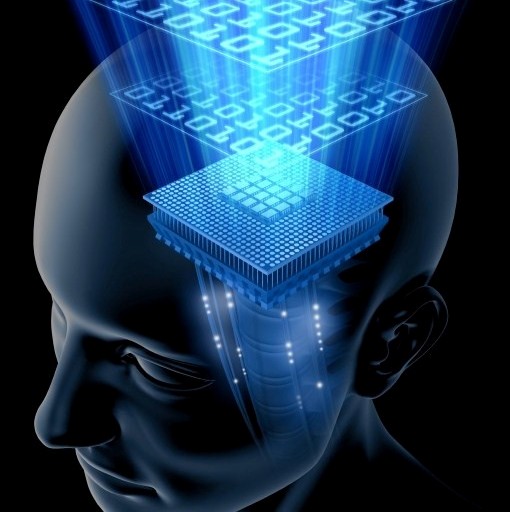A dream is successions of images, ideas, emotions, and sensations that usually occurs involuntarily in the mind during certain stages of sleep. The content and purpose of dreams are not definitively understood, though they have been a topic of scientific speculation, as well as a subject of philosophical and religious interest, throughout recorded history. The scientific study of dreams is called oneirology.
One aim of neuroscience is to map the brain loci of thoughts and mental experiences. Everything we see, imagine, or think about is linked to neural responses somewhere in the brain. Dreams also have a home. Neural activity in the primary sensory areas of the neocortex produces the impression of sensory perception. This means that neurons firing in the primary visual cortex create the illusion of seeing things, neurons firing in the primary auditory area create the illusion of hearing things, and so forth.
Dreams mainly occur in the rapid-eye movement (REM) stage of sleep—when brain activity is high and resembles that of being awake. REM sleep is revealed by continuous movements of the eyes during sleep. At times, dreams may occur during other stages of sleep. However, these dreams tend to be much less vivid or memorable.

Scientists found, they can detect individual’s sleep time memories. Scientists from Paris, Ecole Normale Superieure found, little evidence of sleep time memories even if individual remained unaware.
There were 22 contestants who asked to listen to an audio stream as they fell to sleep. The words were continuously playing in their ears during faint sleep.
After waking up, contestants did not remember the words, which they heard. During a memory test, they even could not tell them separately from new words.
Through electroencephalography, scientists have found that a constant sleep time memories evidence for words presented during sleep.
Although, electroencephalography gathers the brain’s electrical activity. They found that listening to the words after light sleep generates an EEG result.
This EEG result is completely different from that words.
Scientists know that during sleep, the brain stores and analyze information learned all over the day. This nighttime housekeeping keeps the brain too busy to form any new memories of what happens during sleep itself.
